You have no items in your cart. Want to get some nice things?
Go shoppingDespite an apparent fascination with the subject in Britain, not all German writing is about the country’s history. When it is, though, it’s often very well done. Translator and blogger Katy Derbyshire has a list of 11 contemporary German books you ought to read. Please excuse her shameless self-promotion – she’s quite passionate about the books she works on.
Berlin Tales
Ed. Helen Constantine (trans. Lyn Marven)
A great selection of contemporary and 20th century pieces about Berlin from some fine writers including Emine Sevgi Özdamar, Annett Gröschner and Ulrike Draesner.
Visitation
Jenny Erpenbeck (trans. Susan Bernofsky)
The story of a house outside Berlin, its characters experiencing the 20th century at first hand. Beautiful writing, clever storytelling.
 Funeral for a Dog
Funeral for a Dog
Thomas Pletzinger (trans. Ross Benjamin)
A journalist and a writer meet up for an interview in Italy. An amazing structure held together by subtle observations about love and life and fact and fiction, featuring a dog with a fully rounded character.
All the Lights
Clemens Meyer (trans. Katy Derbyshire)
My favourite of all the books I’ve translated. Short stories that will blow your mind, about artists, addicts, teachers, criminals and losers in general. No happy endings, just the kind of writing that sucks you in.
Portrait of the Mother as a Young Woman
F.C. Delius (trans. Jamie Bulloch)
117 pages in one sentence by one of Germany’s most respected writers. The author’s mother is pregnant in fascist Rome in 1943, and Delius imagines her naïve thoughts as she wanders the city one afternoon.
Axolotl Roadkill
Helene Hegemann (trans. Katy Derbyshire)
Berghain, heroin, bondage, truancy and a dash of plagiarism-as-an-aesthetic-manifesto. Hegemann wrote her debut novel at 17 and it made a huge splash in Germany. Read it to find out what it’s like to be a fucked-up kid in Berlin.
The Hunger Angel
Herta Müller (trans. Philip Boehm)
There was once a large community of German-speakers in Romania, including Nobel prizewinner Müller. In this novel she moves away from her previous territory of life under Ceaușescu to tell the story of a man put into a Soviet labour camp. Harrowing and beautiful.
Wrecked
Charlotte Roche (trans. Tim Mohr)
I hated this book with a passion. Roche follows up the equally controversial Wetlands with a semi-autobiographical look at sex, married life and family loss. But she knows how to get her readers hooked, with a useful opening passage describing how to give the perfect blow-job.
Plan D
Simon Urban (trans. Katy Derbyshire)
Out on 20th June, this is a beautifully imagined crime novel set in communist East Germany in 2011. Think Michael Chabon’s Yiddish Policemen’s Union with Stasi officers. Oh, and don’t expect any simple solutions.
In Times of Fading Light
Eugen Ruge (trans. Anthea Bell)
Out in July from one of our finest translators, this is another look at German history, flitting from exiled Communists in Mexico and Soviet gulags to East Germany to the present day, held together by some wonderful characters and writing.
The Village Indian
Abbas Khider (trans. Donal McLaughlin)
This one isn’t out until September, but it’s worth waiting for. Khider is an amazing storyteller, and here he shares his own experiences as a refugee crossing the Middle East and Europe. Protagonist Rasul Hamid describes the eight different ways he fled his home in Iraq and the eight different ways he has failed to find himself a new way home.

About Katy Derbyshire
Katy Derbyshire is a translator from German to English, born in London and based in Berlin for many years. She has translated writers including Clemens Meyer, Sibylle Lewitscharoff, Inka Parei, Dorothee Elmiger, Simon Urban, Helene Hegemann and Selim Özdogan. Katy blogs at love german books and In which I go out drinking with German writers Photo: (c) Anja Pietsch

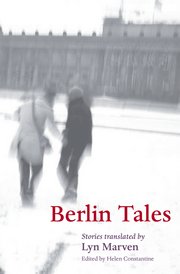

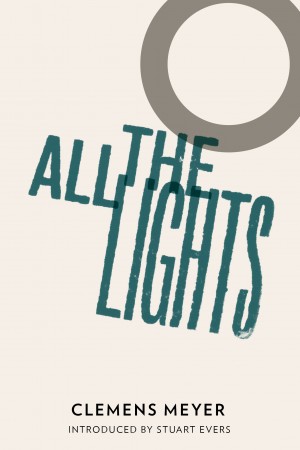
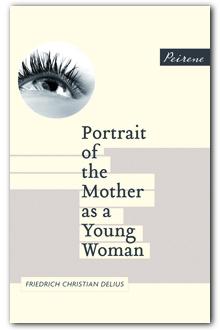
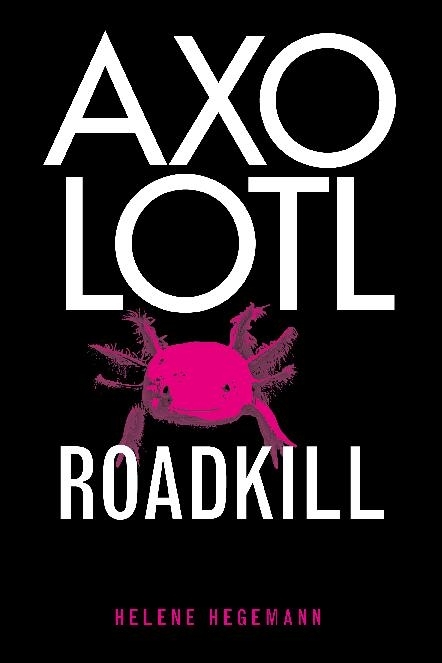
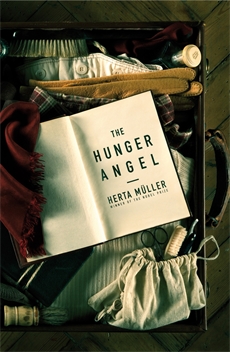
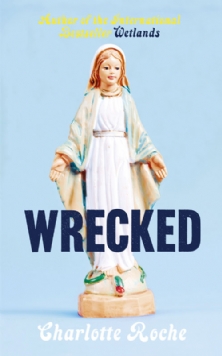
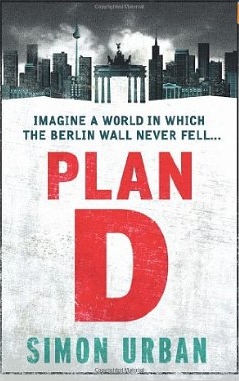
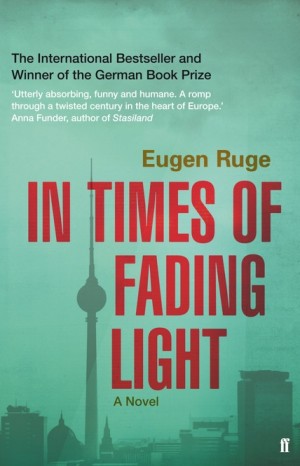
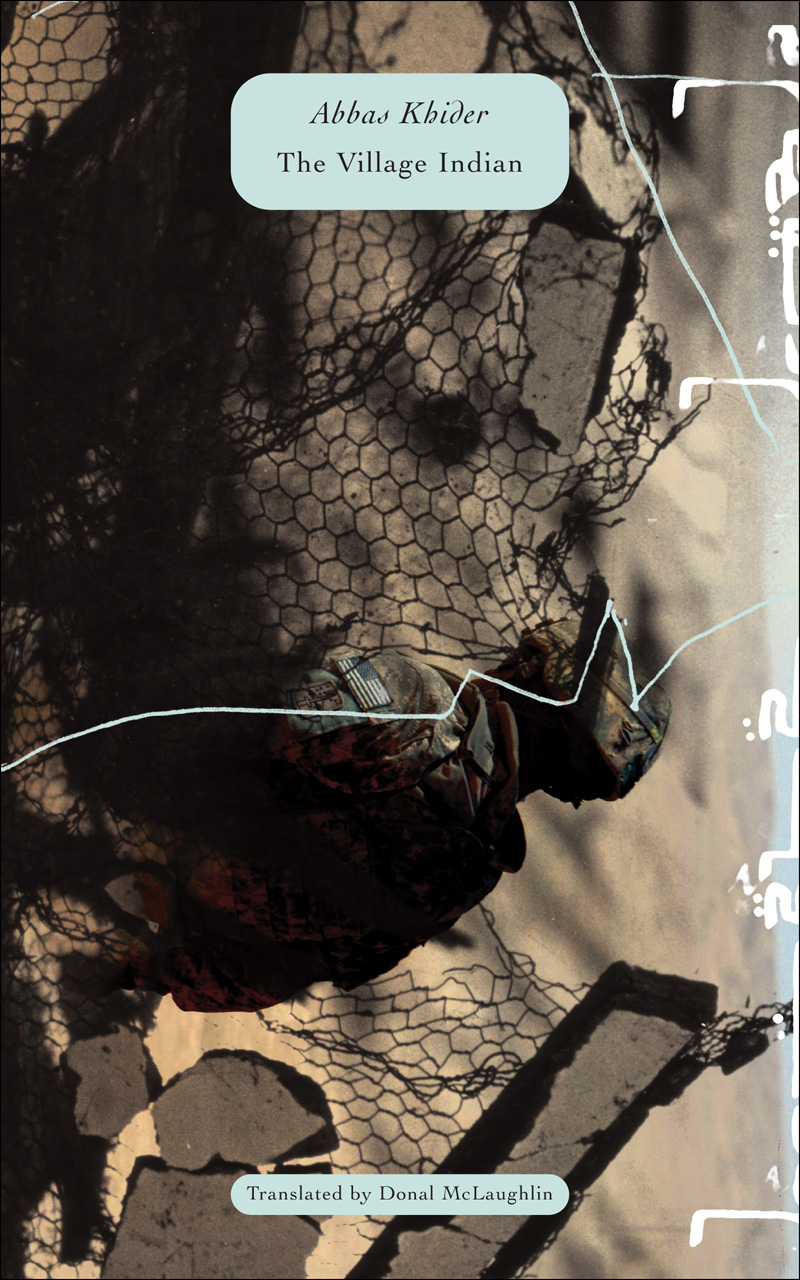




Take our crash course contemporary German literature with these recommendations from translator Katy Derbyshire. https://t.co/pRjcVAeuhT
Interesting list of contemporary German literature recommended by translator Katy Derbyshire: https://t.co/FCtAJbo8lh /via @LitroMagazine
11 contemporary German books you should read, by Katy Derbyshire, via @LitroMagazine https://t.co/Uzvzbpk7Vc
11 German Books You Should Read | Litro https://t.co/KxkzJMfWIH
Wir sind die Basis einer Pyramide!
Wir sorgen als Produzenten, Konsumenten, als Kunden und Patienten, als Klienten und als potentielle Delinquenten, für den sich beschleunigenden Strom der Waren, Finanzen und Daten, im Stoffwechsel eines ‘pyramidalen’ Organismus. Nachdem wir das Ertragsnutzenkalkül eines besinnungslosen Fortschritts im Wachstum verinnerlicht haben, empfinden wir den Raub der Selbstbestimmung und Identität nicht mehr als Verlust. Auf die atomare Einheit der Existenz reduziert, reihen wir uns ein, in die weltweiten Ströme der dynamischen Massen. Dabei steht die Isolation im Nahfeld der Beziehungen, in einem krassen Gegensatz zur Identifikation mit einem globalen Bewußtsein. Über die Instrumentalisierung religiöser Bedürfnisse, werden die Menschen zur Opferung der eigenen Identität gerufen, und zum Dienst für einen allumfassenden Welt-Ethos vorbereitet
Wer sich nicht von Verschwörungstheorien verwirren lassen will, dem hebt sich mit „Das pyramidale Prinzip 2.0“ von Franz Sternbald der Schleier, und gewährt dem Leser einen unverstellten Blick auf das Wesen des Willens zur Macht! Gleichzeitig ist es ein leidenschaftliches Plädoyer für einen aufgeklärten Glauben, der sich, nach Kierkegaard, auch dem fundamentalen Zweifel stellen muß, sowie die Rettung der Würde des Individuums, gegen die kollektive Vereinnahmung, und seiner Zurichtung für die Zwecke eines globalen Marktes. Hier wird der Versuch unternommen, das Bewußtsein von einem Erlösungsbedürfnis aus der ‚Selbstentzweiung’ des Willens in der Natur zu erklären, und die Selbstentfremdung des Menschen aus seiner ‚Seinsvergessenheit’. Dem überzeugten Christen verschafft die Beschäftigung mit der Analyse des Willens zur Macht von Schopenhauer, über Nietzsche bis Heidegger, ein freieres Auge. Deren Aktualität steht nicht im Widerspruch zu einer christlichen Deutung der Weltgeschichte, sondern liefert vielmehr deren Bestätigung. L.G. Sternbald
Pandora Thriller from Rolf Haeusermann
Oustanding Read ! Makes one wonder how good the security of Corporate America really is !
Incredible Book in German , this should be a movie ! Excellent written story . This could happen !
27. September 2017
https://www.haeusermann-rolf.com/